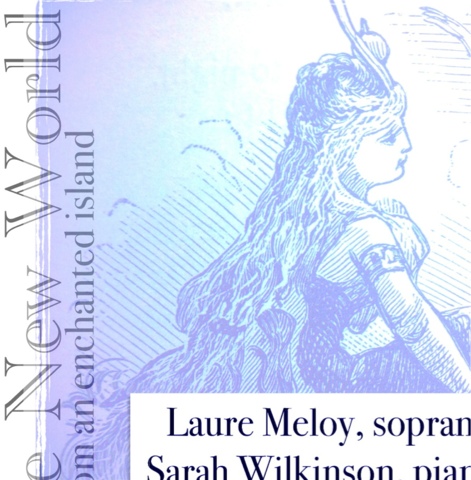(I am researching and refining a song recital themed on Shakespeare and Elizabethan poetry. The following is a first draft of the programme notes.)
Be not afeard; the isle is full of noises,
Sounds and sweet airs, that give delight, and hurt not.
Sometimes a thousand twangling instruments
Will hum about mine ears; and sometime voices,
That, if I then had waked after long sleep,
Will make me sleep again: and then, in dreaming,
The clouds methought would open, and show riches
Ready to drop upon me; that, when I waked,
I cried to dream again.
Caliban, The Tempest
In W. H. Auden's essay 'Music in Shakespeare' the author explains that there are two types of song in Shakespeare's plays: the 'called-for' and the 'impromptu.' The first is requested by another character as a form of entertainment, the other when a character cannot express him- or herself in any other way. Ariel's songs in The Tempest, however, do not fit into either category: 'For Ariel is neither a singer, that is to say, a human being whose vocal gifts provide him with a social function, nor a nonmusical person who in certain moods feels like singing. Ariel is song; when he is truly himself, he sings.'
Shakespeare's plays, and the works of other poets of the first Elizabethan age, are indeed 'full of noises,' and have served as rich fodder for song and opera composers, in Shakespeare's era as well as through subsequent centuries into our own. Caliban's island, never specifically identified, is thought to be Caribbean or Mediterranean, but given the wealth of magical, mystical and supernatural stories, poems and songs created there, the real Enchanted Island surely is Albion: Great Britain.

No comments:
Post a Comment